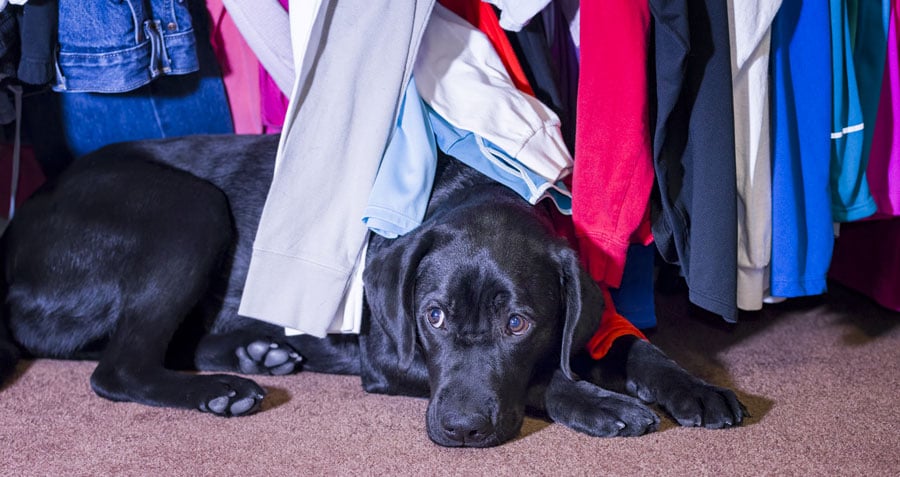Is your dog or cat nervous every time you turn the car in the direction of the vet? Do you dread taking your beloved pet in for an exam because you know they'll be frightened, upset, and anxious? If so, you need to experience the difference of a low-stress veterinary visit. Such a thing does exist, and it's something that Intermountain Pet Hospital is proud to say that we are Fear Free Certifed!
What does it mean to be fear-free certified? It's more than just claiming we handle animals gently and it's not a marketing gimmick. It's a promise to you—one that we've made with a lot of preparation and training to back it up.
What Fear Free Means
Studies show that at least 75% of patients that come through the door of a veterinary clinic are severely stressed by exams and encounters with their vet. That means there's a good chance Fido or Fluffy are in this majority. And although veterinary care is crucial, it doesn't have to come at the cost of your pet's emotional health.
Stress isn't healthy for your pet. Stress can:
- Exacerbate existing conditions
- Cause behavioral and emotional problems in your pet
- Delay healing
It's incredibly important that your pet's experience with their veterinary clinic is as free of stress as possible. A fear free clinic is one that has taken every step possible to make sure that your pet is comfortable, taken care of, and calm.
How can a vet accomplish this? Here are a few of the ways that veterinary clinics can lower the stress of their patients.
- Staff training: The number one way to change the experience of pets in a veterinary hospital is to educate staff on fear free animal handling. This kind of training makes all the difference for a scared or stressed pet who comes into the vet expecting rough and brisk handling.
- Environmental changes: A veterinary clinic—like a hospital—can seem like a cold, unwelcoming, sterile place. Fear free clinics employ options like grip pads to keep pets from slipping on exam tables or scales—something that commonly scares dogs and cats. Calming music can reduce echoes and disturbing noise, while frosted glass can eliminate disturbances from outside the exam room that can heighten stress.
- Rewards: The minute your pet walks into a fear free clinic, they'll likely receive a treat. It's a good idea to bring your pet in hungry to drive home this reward; it shows your pet that the vet is on their side and that an exam doesn't have to be an unpleasant experience.
Here at Intermountain Pet Hospital, we've worked hard to make our clinic a low-stress environment for your pet, and we've trained all staff to become Fear Free Certified. This kind of preparation is what you should look for in a veterinary clinic. If you're interested in learning more about how we make your pet's experience as pleasant and low-stress as possible, contact us.
